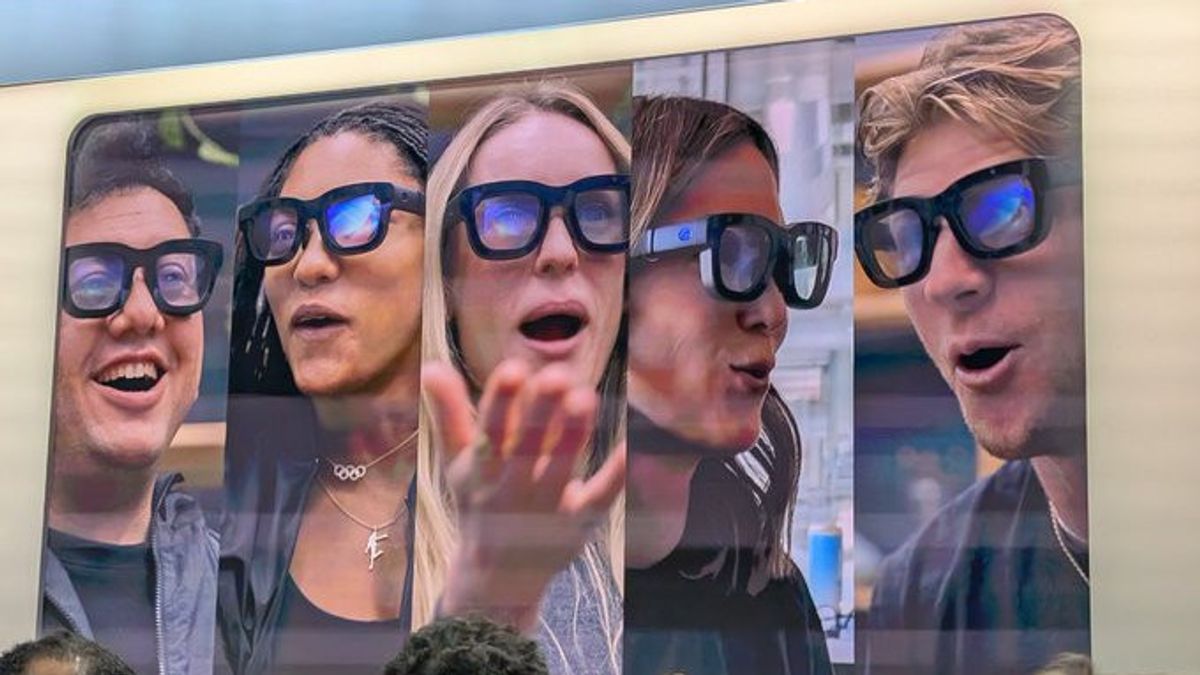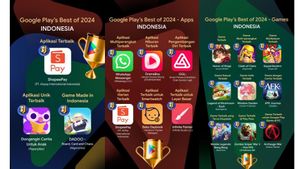JAKARTA - Meta has once again stolen the spotlight with their latest augmented reality (AR) glasses prototype, Orion, which was first introduced last September. Although this device is still far from a consumer product that is ready to be marketed, Meta is optimistic that Orion can become an iconic AR device, much like AirPods in the wireless audio world.
The Orion prototype is described by Meta as a device that has the “look and feel of a pair of regular glasses.” While this statement may be a bit of an exaggeration for the current stage of development, there is no doubt that the technology they have achieved is a big leap towards that vision.
Meta has managed to integrate advanced AR technology into a form that is more like glasses, although it is not yet perfect. In this regard, Orion is closer to devices like the Apple Vision Pro than concepts from other companies such as Xiaomi or Oppo.
However, major challenges still remain, including the estimated manufacturing cost of $10,000 per unit, keeping this device away from the mass market for the time being.
Meta vs. Apple’s Approach
Meta and Apple have similar visions for AR devices—creating technology that enhances real-world experiences, not replaces them.
Apple CEO Tim Cook has long expressed a greater interest in AR than VR because of its potential to enrich everyday life without creating a “new reality.” Meta is taking a similar approach with Orion, as a device that can be worn when needed and removed easily, much like the AirPods philosophy.
Joshua To, one of Meta’s Orion project leaders, describes this vision: “You put AirPods on to listen to music, but take them off when you want to interact with people around you. Orion is designed to do the same thing.”
SEE ALSO:
Privacy-Preserved Facial Identification Feature
One of the interesting features of Orion is its ability to recognize the faces of people around you. Meta has even developed an internal prototype that allows these glasses to provide name tags to people you see, such as at a conference event.
However, this feature is designed with a strict privacy approach. Only people who give permission will be visible on your AR screen, while others remain anonymous. "If we can do it in a way that respects privacy, that's something that's very interesting to us," said To.
Meta Orion shows a big step in the development of AR devices, approaching the vision of truly practical smart glasses. Although still far from a finished product, Meta is optimistic that Orion will become an integral part of future digital life—with simple functions, respected privacy, and technology that enriches, not replaces, the real world.
Will Orion be the next AirPods in the AR world? Time will tell.
The English, Chinese, Japanese, Arabic, and French versions are automatically generated by the AI. So there may still be inaccuracies in translating, please always see Indonesian as our main language. (system supported by DigitalSiber.id)


















